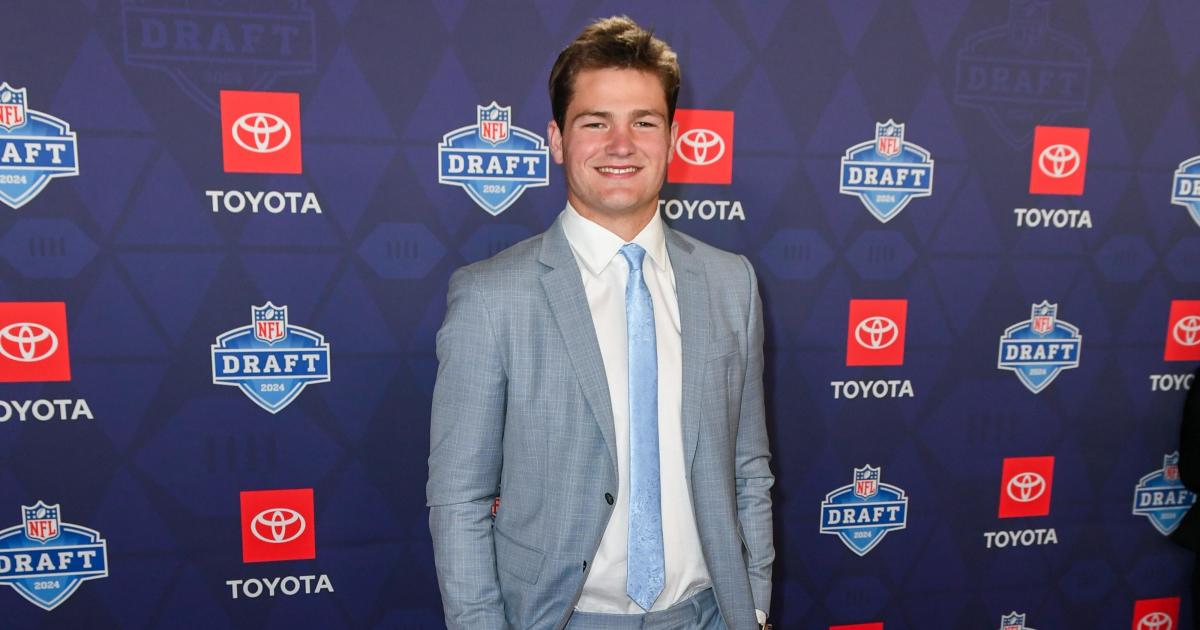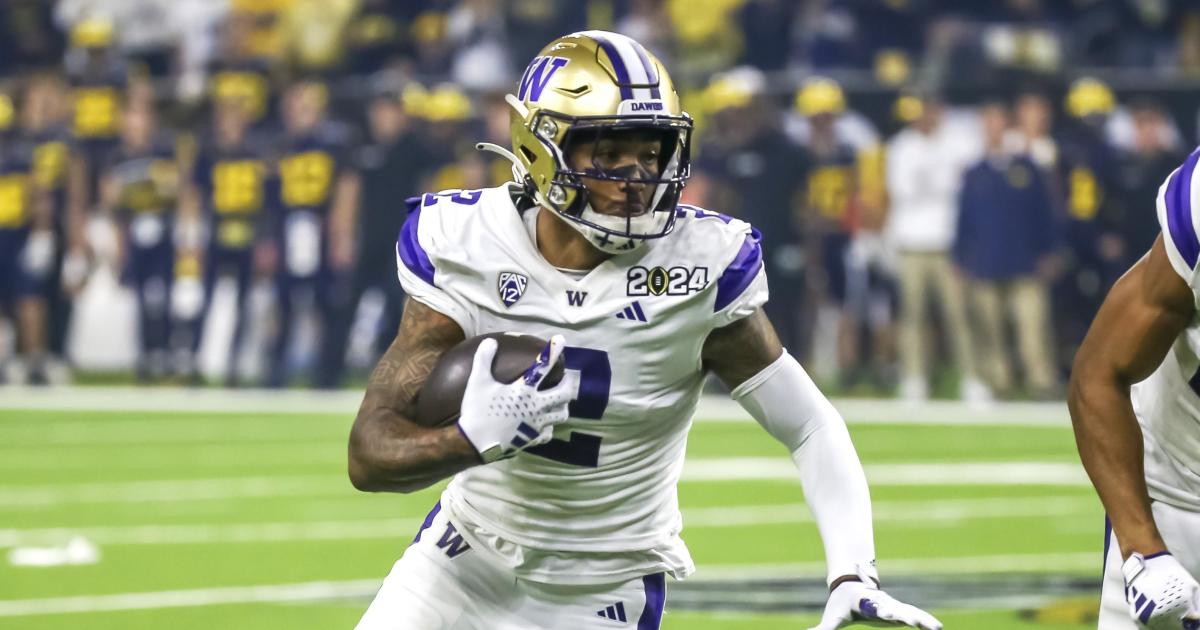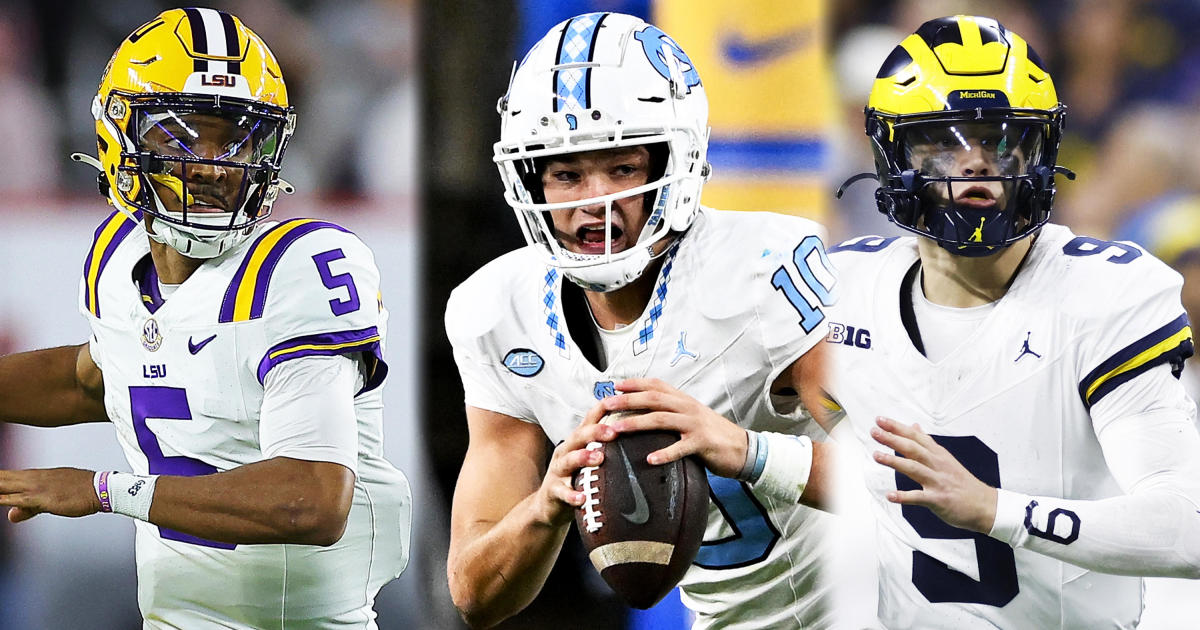What's At Stake For Postseason Legacies Of Patriots, Brady And Belichick This Year
By Michael Hurley, CBS Boston
BOSTON (CBS) -- It's always a messy game, comparing a current-day athlete to another who played decades ago, or even comparing two modern athletes who play the same position but nevertheless spent their careers in situations that cannot be analyzed as apples-to-apples situations.
Yet we just can't help ourselves, can we? We just need to know who is the best of all time.
It's an endeavor that, when set out upon, ought to be taken with that approach: We can't actually know definitively what our answer will be, and there will always be room for debate, but we can learn some things and attempt to make quasi-definitive statements. (Coincidentally, the NFL takes the same approach when tackling the fuzzy discipline known as "science.")
It's a consideration that can be made with the Patriots in mind, as the team is currently set to embark upon their postseason journey this Saturday.
Around these parts, you hear it quite often: Tom Brady is the greatest quarterback of all time and Bill Belichick is the greatest coach of all time. Some people go all the way: The post-2000 Patriots are the greatest dynasty in NFL history.
It's a bold statement, but it's one for which an argument can be made. Let's first take a look at the team accomplishments and how they compare to the great dynasties of yesteryear.
The Patriots As A Team
In 2015, the Patriots secured their 13th division title in the past 15 years.
That's far and away better than any other team during that span. During the same frame, the Colts won the AFC South nine times, the Eagles and Packers won their divisions seven times each, and the Steelers, Broncos and Seahawks won their respective divisions six times each. The Patriots also have the most Super Bowl appearances (6) and wins (4) since the turn of the century, so there's really no debating that they're the greatest team of their era.
But placing them in history is a bit more difficult. For one, you'd be comparing a team bound by the salary cap to a team that did not face such restrictions. (The salary cap was instituted in the NFL in 1994.) Of course, as evidenced by Major League Baseball, spending heaps of money to build a roster is no guarantee for success, so the lack of a cap shouldn't weigh too heavily against teams from previous eras. It is merely a factor which cannot be ignored.
In terms of division titles, the 49ers dynasty won 11 division titles in 14 years from 1981-94. The Steelers won nine division titles in 13 years from 1972-1984. The Cowboys condensed their success to six NFC East titles in just seven years from 1992-98.
So by the division title measurement, the Patriots have the crown with 13 in 15 years. Sustaining regular-season success for a decade-and-a-half is something even the best teams of all time couldn't do. But great dynasties, obviously, aren't measured by division titles or even Super Bowl appearances. That's why the Bills aren't ever a part of this discussion. Great dynasties are measured by championships.
That's where the fun begins.
New England Patriots 2001-14
Nine conference championship game appearances, six Super Bowl appearances, four Super Bowl victories in 14 years.San Francisco 49ers, 1981-94
Nine conference championship game appearances, five Super Bowl appearances, five Super Bowl wins in 14 yearsPittsburgh Steelers, 1972-79
Six conference championship game appearances, four Super Bowl appearances, four Super Bowl wins in eight yearsDallas Cowboys, 1992-95
Four conference championship game appearances, three Super Bowl appearances, three Super Bowl wins in four years
By that measure, it's clear that some serious ground can be gained by the Patriots this month. If they win on Saturday, they'll have a remarkable 10th conference championship game appearance on their schedule in a 15-year span. And if they win that, a seventh Super Bowl appearance in 15 years will add to their unprecedented success in terms of reaching the sport's ultimate game.
Of course, what matters most above all else is that final number. The Patriots will never be able to go 5-for-5 like the Niners or 4-for-4 like the Steelers. They'll never be able to go 3-for-3 like the Cowboys, but then again, the Patriots did go 3-for-3 to start the decade.
Likewise, there's no way they can win five in 14 years like the 49ers. Yet when considering the entire body of work, if the Patriots do win another Super Bowl this season, an argument could be made that they'd be on par with the 49ers dynasty. The Patriots would have one more conference championship game appearance, two more Super Bowl appearances and an equal number of Super Bowl victories over a span that's just one year longer than San Francisco's. That would be impressive and would certainly help shape the debate in a way more favorable toward the Patriots.
(Picking where to end the 49ers dynasty is a process that can be questioned. After 1994, the team did make the playoffs for four straight years, once making it to the conference championship game in 1997. So by that measure, the Niners would have 10 championship game appearances over a 17-year span. Either way, the Patriots' potentially reaching a 10th in 15 years would be a better mark than 10 in 17 years.)
There's also the distinction of the Patriots' doing this all with the same quarterback, which brings us to the next part of the discussion.
Tom Brady
This is an argument that never will be settled properly, for a number of different reasons. First and foremost, the modern-day NFL is so passer-friendly that the statistics are skewed too much for them to serve as the sole factor in comparisons. Just look at the single-season passing yard records, where 21 of the top 25 took place over the past eight seasons. The mark of 5,000 yards in a season had been accomplished once in history (Dan Marino in 1984), a record that stood for nearly three decades. But that mark has been broken seven times since 2011 by four different quarterbacks, one of whom was Matthew Stafford. And when Matthew Stafford is throwing for 5,000 yards in a season, the accomplishment is really cheapened.
So no matter which way you go, given the new rules to boost passing, it's hard to properly weigh the statistical achievements of the great quarterbacks over different time periods.
But with Brady, the comparison inevitably ends up being with Joe Montana, because no quarterback has ever been more responsible for his team's Super Bowl success. Yes, Terry Bradshaw won four championships, but he won the first two by completing nine total passes in each game, and he won the fourth while throwing two touchdowns and three interceptions.
Montana, meanwhile, has the perfect Super Bowl record. He went 4-0, he threw 11 touchdowns, and he threw zero interceptions. His 127.83 passer rating in Super Bowls is best all time. The guy was as good as it gets.
That being said, Brady's resume is hardly chopped liver. He's 4-2 in Super Bowls, which means he won more playoff games than Montana. Brady is 21-8 in the postseason; Montana was 16-7. That's just one more loss for Brady and five more victories. While losing in the Super Bowl is always a less-than-desirable outcome, it still means that the quarterback won enough games to get there. That shouldn't ever be discounted.
In Super Bowls, Brady is 164-for-247 (66.4 percent) for 1,605 yards, 13 touchdowns and four INTs. Granted, he's had more opportunity than most QBs, but he's the all-time Super Bowl leader in completions (with 74 more than anyone else), yards (449 yards more than anyone else) and touchdowns.
Now, how exactly that stacks up to Montana will always be up for debate. But if Brady can carry his team to the Super Bowl yet again, he'll certainly bolster his case for being the greatest postseason quarterback of all time. And if he wins that Super Bowl -- thereby improving to 24-8 in the playoffs, adding to his Super Bowl statistical records, and securing a fifth Super Bowl in the city where Montana established his legend, no less? It could (or even should) be enough to give Brady the upper hand in that admittedly ambiguous debate.
Bill Belichick
As difficult as it may be to compare teams and quarterbacks across eras, coaching is a much harder category to debate. Surely even the greatest coach in the world would have a hard time winning anything if he didn't have a talented roster. Give Bill Belichick this year's Tampa Bay Buccaneers roster, and he's probably not gearing up for a playoff game. And when the Patriots were winning three Super Bowls in four years to start the new century, a number of key players (Ty Law, Willie McGinest, Kevin Faulk, Tedy Bruschi, Troy Brown, Ted Johnson) came from either Bill Parcells' or Pete Carroll's (see: Bobby Grier's) time in charge of the Patriots.
That's not a knock on Belichick. It is merely an illustration to show that no coach can every truly be measured against another coach solely in terms of accomplishments, given the unique dynamics affecting each coach in his given situation.
But, well, it's sports, so we tend to bend some rules.
In the case of coaching, we're left to essentially drop all of the outside influences and boil it all down to wins and losses. So ...
Playoff Wins, All Time
Bill Belichick, 22
Tom Landry, 20
Don Shula, 19
Joe Gibba, 17
Chuck Noll, 16
Mike Holmgren, 13
Tom Coughlin, 12
Bill Cowher, 12
Marv Levy, 11
Bill Parcells, 11
Dan Reeves, 11Playoff Win Percentage, All Time (Min. 10 games)
Vince Lombardi, .900
Tom Flores, .727
Bill Walsh, .714
Bill Belichick, .710
Joe Gibbs, .708
Jimmy Johnson, .692
Chuck Noll, .667
Pete Carroll, .615
Sean Payton, .615
Marv Levy, .579
Bill Parcells, .579
Bill Cowher, .571
Mike Shanahan, .571
John Madden, .563
Tom Landry, .556Most Conference Championships Won, All Time
Bill Belichick, 6
Don Shula, 6
Tom Landry, 5
Joe Gibbs, 4
Chuck Noll, 4
Marv Levy, 4
Dan Reeves, 4
Bud Grant, 4
Bill Walsh, 3
Bill Parcells, 3
Mike Holmgren, 3Most Super Bowls Won, All Time
Bill Belichick, 4
Chuck Noll, 4
Joe Gibbs, 3
Bill Walsh, 3
Don Shula, 2
Tom Landry, 2
Bill Parcells, 2
Vince Lombardi, 2
Tom Flores, 2
Jimmy Johnson, 2
George Seifert, 2
Tom Coughlin, 2
Mike Shanahan, 2
Obviously, Belichick's got himself quite the resume already. If he goes 3-0 this postseason, he'll widen that gap in terms of most playoff victories, and with no active coaches anywhere near him, he can make that number likely stand for a very long time. He'd also better his postseason win percentage to .735, which would vault him to No. 2 all time.
Conversely, if the Patriots lose in the divisional round, that win percentage will drop to .688, which will send him down a couple of spots.
And, of course, another conference title and another Super Bowl will put Belichick all alone atop both category. So yes, there is much to be gained for the head coach, though win or lose, his legacy will be held firmly intact.
The same can be said about the quarterback and the franchise in general, but it's always good to include a historical context when watching these playoff games. The dynasty, as it were, may be nearing its end, but the final chapters have yet to be written. In terms of their impact on the NFL's history books, they could end up saying quite a bit.
You can email Michael Hurley or find him on Twitter @michaelFhurley.



